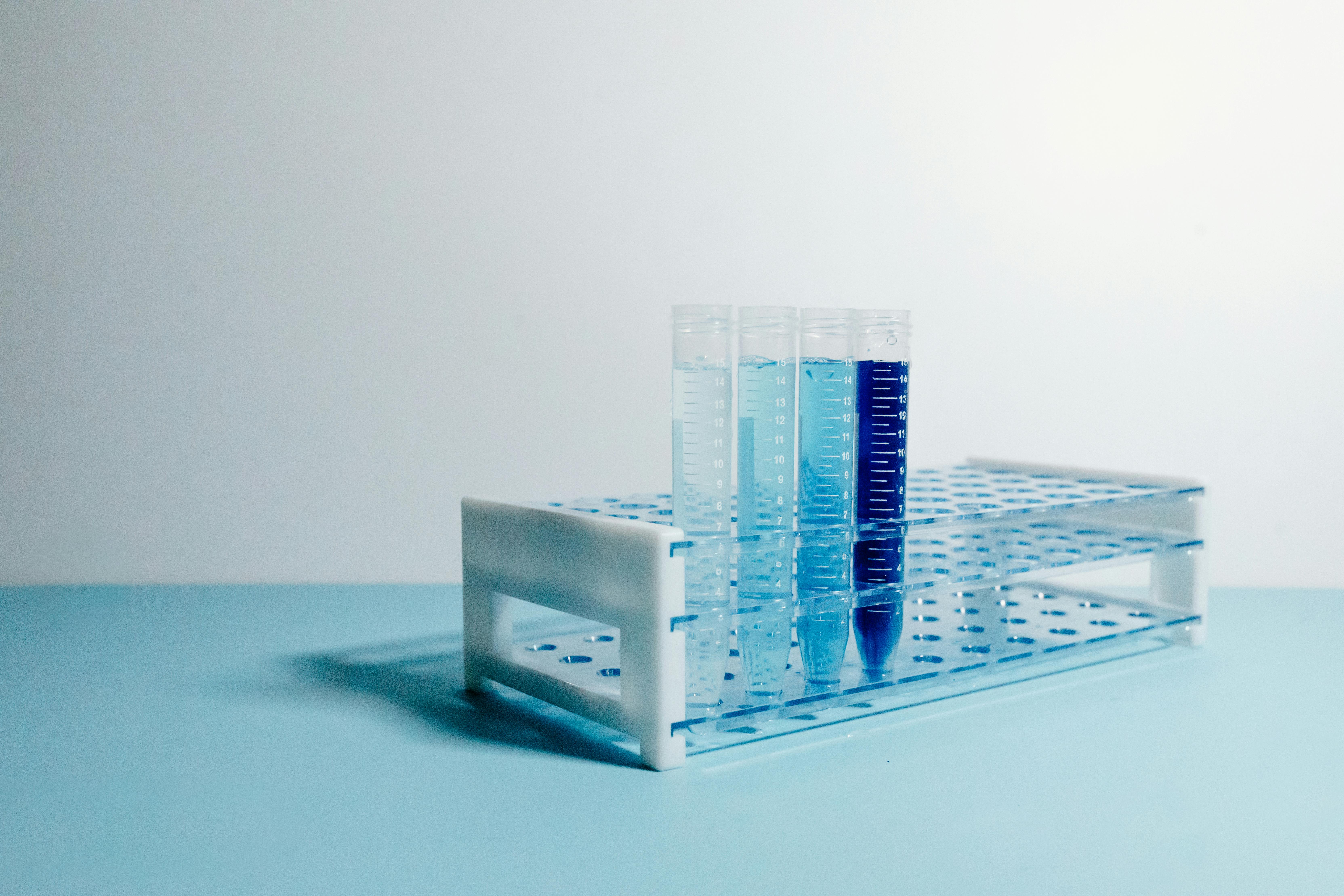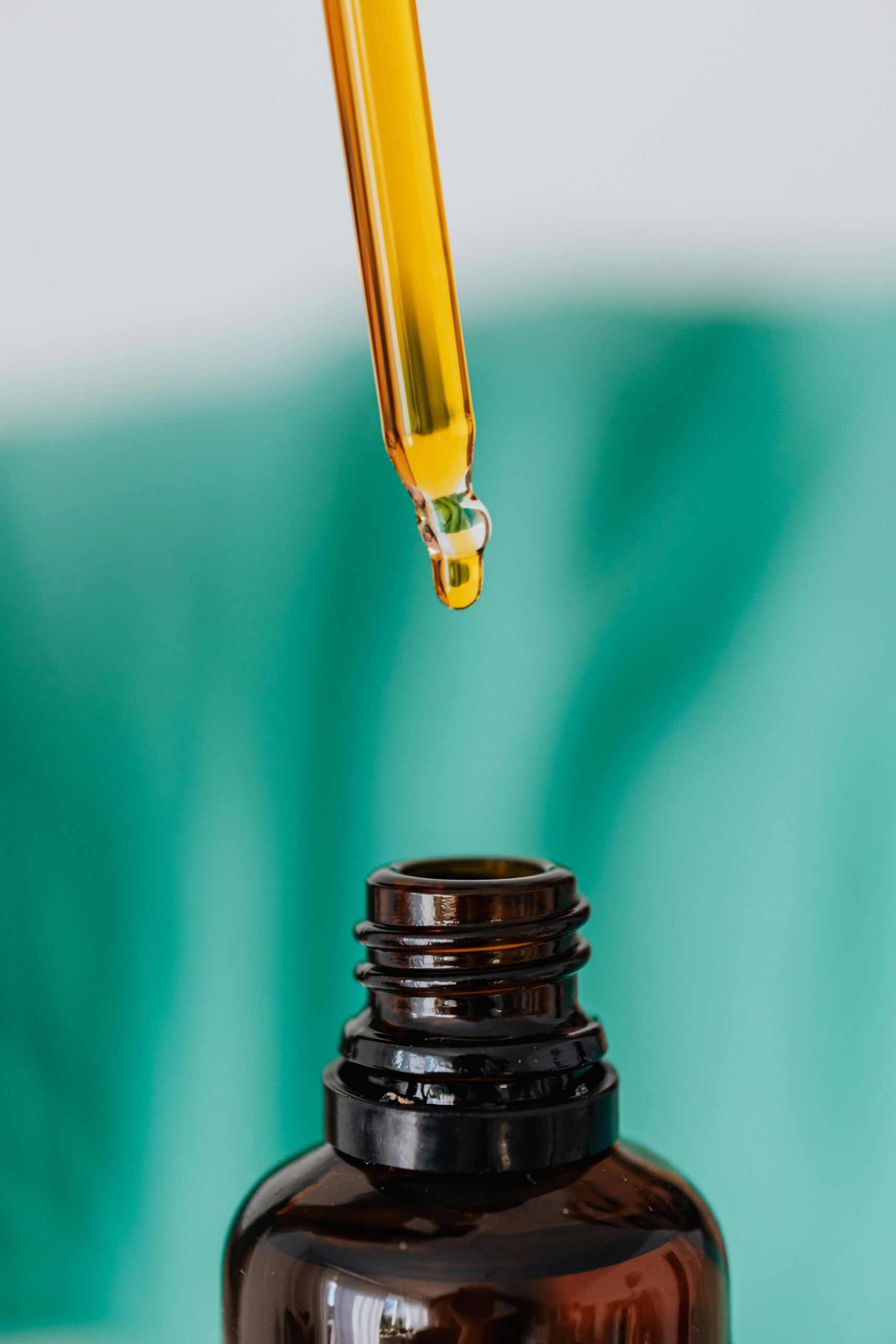10 Effective Methods for Enhancing Creatine Test Results in 2025
As athletes and fitness enthusiasts continue to prioritize their performance, understanding how to maximize creatine test results becomes increasingly crucial. Creatine plays a pivotal role in energy production during high-intensity workouts, and optimizing its effectiveness can lead to better performance outcomes. This article will delve into the ten most effective practical methods that you can adopt to improve your creatine levels and test results in 2025.
Improving your creatine results isn’t just about dosage; it encompasses nutritional strategies, lifestyle choices, and training adaptations. By implementing these methods, you can enhance your overall training performance, recovery times, and muscle-building potential. Below, we provide a structured overview of key practices to consider, along with expert recommendations, evidence-based tips, and common pitfalls to avoid.
We will explore the importance of timing your creatine intake, the impact of hydration, and how dietary choices can complement your supplementation. Let’s maximize your creatine test results together!

Essential Timing Techniques for Creatine Supplementation
Building on the understanding of creatine’s role in performance, timing your supplementation can significantly impact test results. Consuming creatine at strategic times can enhance absorption and efficiency.
Pre-Workout vs. Post-Workout Timing
Research suggests that taking creatine post-workout may yield better results compared to pre-workout intake. This is because post-exercise, your body undergoes a recovery phase where nutrients are essential. By consuming creatine in this window, you capitalize on your body’s heightened insulin sensitivity, optimizing absorption.
Daily Consistency
Consistency in taking creatine is key. Daily supplementation, even on rest days, maintains elevated muscle creatine levels. Skipping days can disrupt the steady-state necessary for optimal performance and results.
Loading Phase Considerations
A loading phase of creatine—typically 20 grams per day for 5-7 days—can saturate the muscles quickly. However, understanding when to transition into a maintenance phase of 3-5 grams daily can help sustain elevated creatine levels effectively.
Combining with Carbohydrates
Pairing creatine with fast-digesting carbohydrates during supplementation can enhance insulin response, promoting increased uptake by muscle cells. This combination is especially effective around workouts to improve creatine retention.
Expert Recommendation
Consulting a nutritionist or sports dietitian can provide tailored guidance on your creatine timing and overall supplementation plan to suit your specific training goals.
Optimizing Hydration Levels for Better Results
With these timing techniques established, it’s critical to examine how hydration influences creatine effectiveness. Adequate hydration helps your body utilize creatine efficiently and can directly affect your performance.
The Role of Water in Creatine Absorption
Since creatine draws water into the muscle cells, ensuring you’re well-hydrated can improve its uptake and efficacy. Dehydration can not only hinder performance but also lead to increased risk of gastrointestinal distress when taking creatine. Aim for at least 3-4 liters of water daily, adjusting for exercise intensity and climate conditions.
Signs of Dehydration to Watch For
Be mindful of signs like dry mouth, fatigue, and darker urine. These can indicate dehydration that may impair creatine utilization. Adjust your water intake accordingly to ensure optimal performance.
Hydration Strategies for Enhanced Performance
Incorporate electrolyte-rich fluids and consider hydration supplements, especially during intense workouts. These adjustments can help maintain equilibrium, allowing your muscles to perform at their best when supplemented with creatine.

Dietary Choices that Complement Creatine Supplementation
Linked to hydration and timing, dietary choices can either enhance or limit your creatine test results. An optimal diet feeds your body the nutrients necessary for peak performance.
Protein-Rich Foods
Creatine is naturally found in protein-rich foods like red meat and fish. Ensuring a diet rich in these sources can help elevate baseline creatine levels, leading to improved results when supplemented.
Balance with Healthy Fats
Including healthy fats, such as omega-3 fatty acids, supports overall cellular health, which can contribute to better nutrient uptake and utilization during muscle recovery phases.
Incorporate Variety in Carbs
Complex carbohydrates should be prioritized. Foods like brown rice, quinoa, and sweet potatoes not only provide sustained energy but can also help with muscle glycogen storage, synergizing with creatine’s effects.
Avoid Processed Foods
Limiting processed foods high in sugar and additives can promote better overall health and may reduce potential gastrointestinal issues associated with creatine supplementation.
Training Adaptations to Improve Creatine Efficacy
Transitioning to training considerations, certain workout paradigms can influence how effectively creatine supports performance enhancements.
High-Intensity Interval Training (HIIT)
Incorporating HIIT routines can maximize the benefits of creatine supplementation. These workouts rely heavily on anaerobic energy pathways, where creatine plays a critical role. Amplifying the anaerobic workload encourages greater adaptation and utilization of creatine.
Strength Training Focus
Emphasizing strength training over endurance can further enhance muscle creatine stores. Heavy resistance training protocols are especially compatible with creatine’s benefits.
Recovery Routines Post-Workout
Implementing effective recovery practices, such as cool-down stretches, foam rolling, and adequate sleep, supports overall muscle health and enhances creatine efficacy.
Uncommon Tips for Success
Amidst traditional approaches, several lesser-known strategies can facilitate improved creatine results.
Consider Creatine Ethyl Ester
Some studies suggest that creatine ethyl ester may offer improved absorption and less water retention compared to standard creatine monohydrate. While it’s still critical to consider individual responses, experimentation might yield favorable outcomes.
Mindfulness and Mental Readiness
Practicing mindfulness techniques, such as visualization and relaxation exercises, can mentally prepare you for intense training sessions. This mental readiness may help you capitalize on the physiological benefits of creatine during workouts.
Regular Testing and Adjustments
Regularly monitoring your progress through strength testing or physical assessments can provide feedback on how well creatine is working for you. Adjusting dosage or supplementary strategies based on these outcomes may help optimize results.
Common Mistakes to Avoid with Creatine
Addressing common pitfalls can further enhance your journey towards improved creatine results.
Overloading Creatine Doses
Many individuals mistakenly think that taking excessive amounts of creatine will exponentially increase results. Overdosing can lead to side effects without additional benefits. Stick to recommended dosing protocols.
Ineffective Monitoring of Nutritional Intake
Failing to keep track of diet can hinder success. Keep a food diary or app to ensure you hit nutritional targets that complement your supplementation effectively.
Ignoring Overall Health Interventions
Neglecting other health factors like sleep, stress management, and cardiovascular health can diminish the performance benefits derived from creatine use. Cultivating a holistic approach is crucial.
Q&A: Addressing Common Concerns About Creatine
Q1: How long does it take for creatine to show results?
A1: Creatine typically takes around 1-4 weeks to saturate the muscles fully, leading to noticeable gains in strength and performance.
Q2: Is there a best time to take creatine?
A2: Post-workout is often recommended for optimal absorption, particularly when combined with carbohydrates.
Q3: Can I take creatine with other supplements?
A3: Yes, creatine can be effectively combined with other supplements such as protein powder and BCAAs, but always consult a professional for personalized recommendations.
The implementation of these ten practical methods can significantly enhance your creatine test results, contributing to improved performance and overall effectiveness in your training regimen. Don’t hesitate to adapt these strategies to fit your specific lifestyle and training needs!
Explore more on our related topics: Creatine and Athletic Performance and Nutrition Strategies for Optimal Testing.
